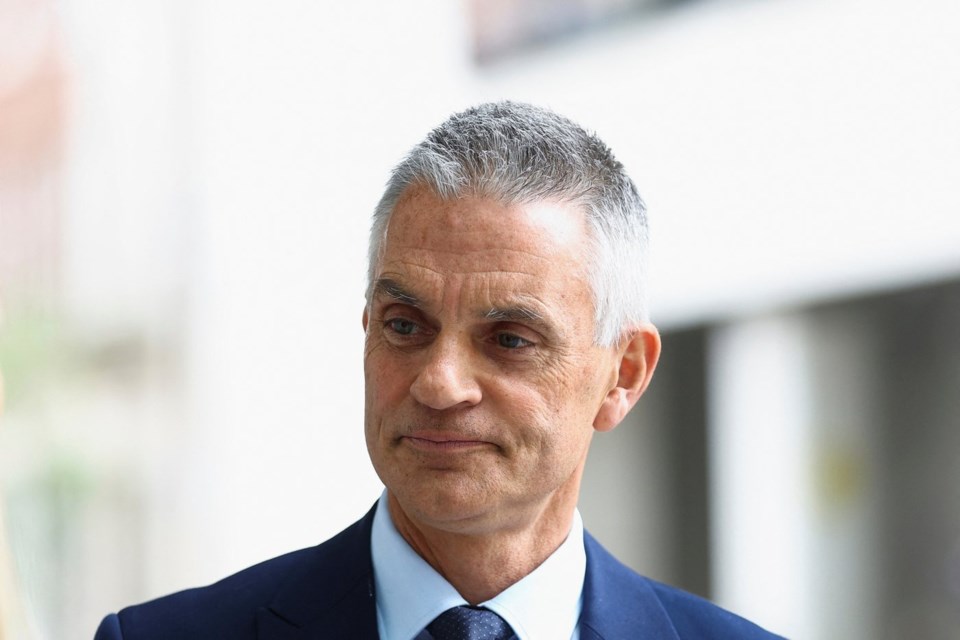LONDON — The BBC was rocked by a major leadership shake-up on Sunday as Director-General Tim Davie and News CEO Deborah Turness both announced their resignations following intense criticism over how the broadcaster edited a speech by U.S. President Donald Trump.
The controversy stems from a BBC documentary that featured Trump’s January 6, 2021 rally speech delivered before protesters stormed the U.S. Capitol. Critics accused the broadcaster of misleading editing after the film omitted Trump’s remarks urging supporters to demonstrate “peacefully,” fueling claims of political bias within the public broadcaster.
In a message to staff, Davie said stepping down after five years was “entirely my decision,” but acknowledged the organization’s recent missteps. “Overall, the BBC is delivering well, but there have been some mistakes made, and as director-general I have to take ultimate responsibility,” he wrote. Davie said he was coordinating with the BBC Board for “an orderly transition to a successor over the coming months.”
Turness, who took over as CEO of BBC News and Current Affairs in 2022, said the controversy had reached a point where it was “causing damage to the BBC — an institution that I love.” She added, “In public life, leaders need to be fully accountable, and that is why I am stepping down.” Turness rejected allegations of institutional bias, saying, “While mistakes have been made, I want to be absolutely clear — recent allegations that BBC News is institutionally biased are wrong.”
The resignations followed revelations published by the Daily Telegraph, which cited a leaked dossier compiled by media adviser Michael Prescott. The document criticized the BBC’s handling of Trump’s speech and also raised concerns about its coverage of transgender issues and alleged anti-Israel bias in the BBC Arabic service.
The twin resignations mark a tumultuous moment for Britain’s most prominent public broadcaster, which faces constant scrutiny over impartiality due to its unique status. Funded through an annual £174.50 ($230) license fee paid by households with televisions, the BBC is legally bound by its royal charter to maintain strict neutrality in its programming.
The controversy has reignited debate over whether the BBC can balance journalistic freedom with its public obligations in an increasingly polarized media landscape. As one senior producer remarked off the record, “It’s not just about one edit — it’s about the perception of trust. And right now, that trust is being tested like never before.”

